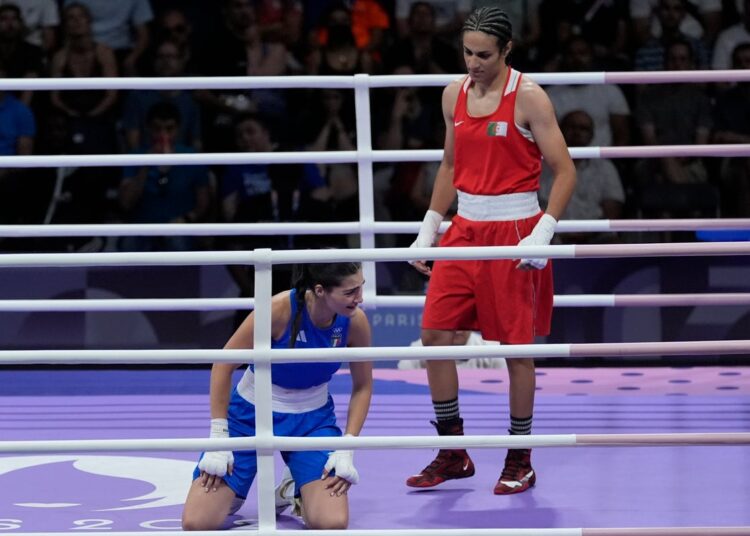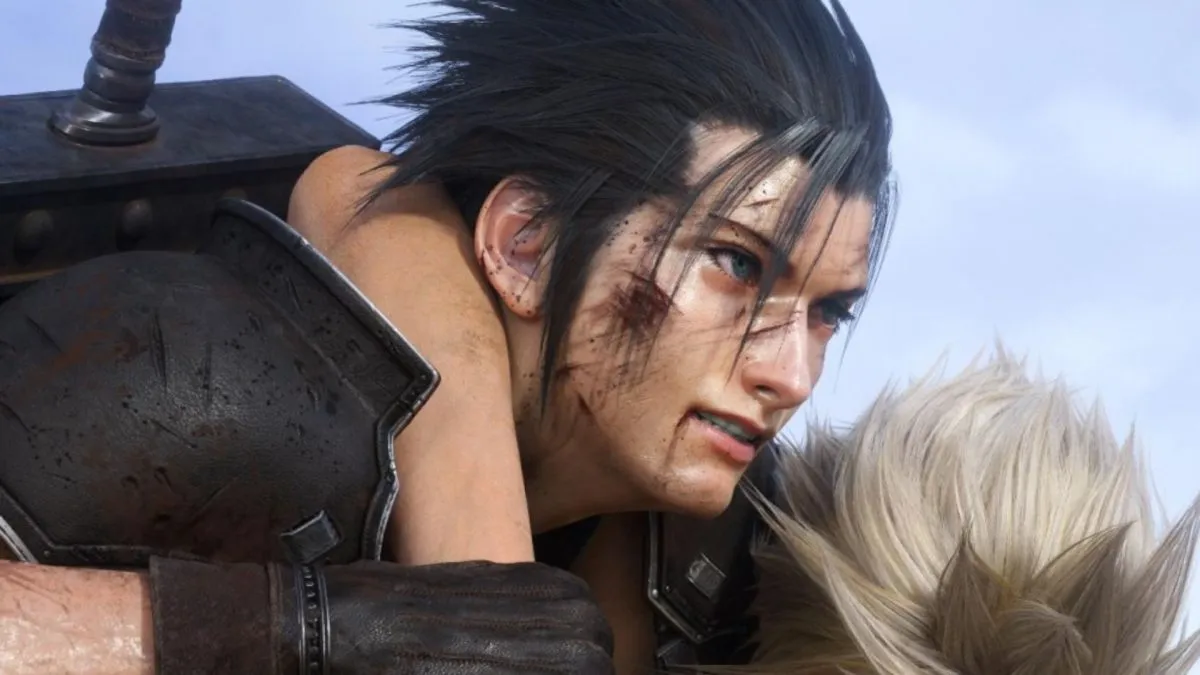The president of the International Olympic Committee, Thomas Bach, has criticised the “hate speech” whipped up in response to the boxing gender controversy at Paris 2024, as he defended the IOC’s decision to allow Lin Yu-ting and Imane Khelif to fight at the Games.
The pair were disqualified from last year’s boxing World Championships for failing to meet gender eligibility criteria.
On Thursday, Algeria’s Khelif won her bout in just 46 seconds, with opponent Angela Carini saying afterwards that she had “never felt a punch like this”. Taiwanese fighter Lin also won her women’s featherweight (-57kg) fight on Friday with a unanimous decision victory over Uzbekistan’s Sitora Turdibekova.
Both fighters have previously competed in female boxing events for a number of years, but the International Boxing Association (IBA) – which carried out the tests in 2023 – said the duo failed “to meet the eligibility criteria for participating in the women’s competition”.
There remains significant doubt about the IBA’s gender eligibility test because its methods and results were not published. The IBA’s Russian president, Umar Kremlev, claimed that DNA test results revealed that the athletes have XY chromosomes, but the IOC’s official Paris 2024 online media hub reported that Khelif failed the gender eligibility test due to “elevated levels of testosterone”.
At the boxing arena in Paris this week, Kremlev was reported to have shouted at journalists: “There will be no athletes with high levels of testosterone competing in women’s boxing championships. We will defend women boxers wherever they compete, including the Olympics.”
The IBA was stripped as the global governing body for boxing in June last year by the IOC, which is administering the sport in Paris itself.
In a press conference on Saturday morning, IOC president Bach addressed the criticism surrounding the two boxers and condemned the “hate speech” the pair have received on social media.
“Let’s be very clear, we are talking about women’s boxing,” Bach said. “We have two boxers who are born as a woman, who have been raised as a woman, who have a passport as a woman and who have competed for many years as a woman. This is the clear definition of a woman. There was never any doubt about them being a woman.
“What we see now is that some want to own the definition of who is a woman. There I can only invite them to come up with a scientific-based, new definition of who is a woman and how can somebody being born, raised, competed and having a passport as a woman cannot be considered a woman.
“If they are coming up with something, we are ready to listen, we are ready to look into it, but we will not take part in a sometimes politically motivated, cultural war. Allow me to say that what is going on in this context in social media with all this hate speech, with this aggression and abuse fuelled by this agenda is totally unacceptable.”
Carini apologised for her reaction post-fight and told Italian newspaper Gazzetta dello Sport: “All this controversy makes me sad. I’m sorry for my opponent, too. If the IOC said she can fight, I respect that decision.”
Bach also stressed that the controversy is “not a transgender issue”.
“This is about a woman taking part in a women’s category,” he said. “The IOC framework, which is scientifically based, applies to all federations. This is about a woman taking part in a woman’s competition. I would only like to ask each and everybody to respect these women, respect them as women and respect them as human beings.”
Khelif is in action on Saturday, where she faces Hungary’s Anna Luca Hamori in the women’s 66kg quarter-finals.
On Friday night the Hungarian Boxing Association questioned the decision to allow the Algerian to compete and called for clarification about her participation.
Lajos Berko, a member of the Hungarian Boxing Association’s executive board, said in a statement: “On August 3, Luca will face Algeria’s Imane Khelif for a guaranteed medal semi-final. In recent hours, our federation has notified the Hungarian Olympic Committee that we object to the participation of the Algerian athlete.
“We would like to express our gratitude to the Hungarian Olympic Committee. It continuously examines what means it can use to protect Luca Hamori’s rights to fair competition based on the rules in force.
“The (Hungarian Olympic Committee) president immediately initiated consultations with the IOC sports director in order to clarify the situation.”
Additional reporting by Reuters
Read the full article here


























